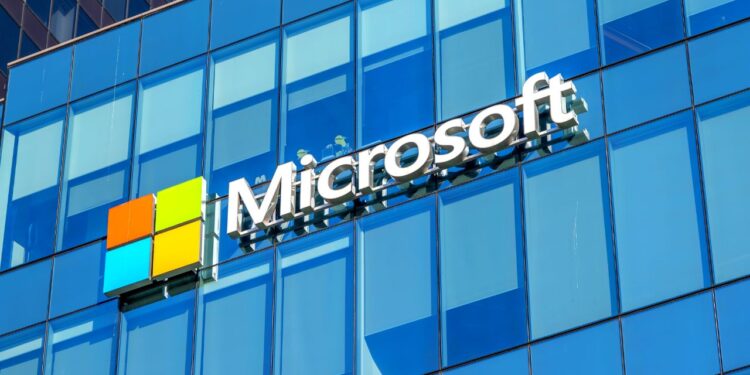Following Friday’s shock announcement that Open AI’s board had fired both CEO Sam Altman and the company’s co-founder Greg Brockman, Microsoft was quick to announce the two would be joining the company to lead “a new advanced AI research team.”
The high-level move bolsters Microsoft’s push to advance in the field of artificial intelligence and capitalize on its existing products that cater to business and workforce demands — including Microsoft 365 and the company’s new generative AI tool: Copilot.
The move to oust company founders at OpenAI has also triggered employee protest within the company, and Microsoft has already swooped in with an open invitation to the remaining team. A letter to the OpenAI Board, as reported by CNBC, emerged Monday and has since garnered signatures from over 660 employees threatening to resign from their posts unless Altman and Brockman are reinstated.
According to the letter, initially reported by Wired and by journalist Kara Swisher, “Your actions have made it obvious that you are incapable of overseeing OpenAI. We are unable to work for or with people that lack competence, judgement and care for our mission and employees. We, the undersigned, may choose to resign from OpenAI and join the newly announced Microsoft subsidiary run by Sam Altman and Greg Brockman. Microsoft has assured us that there are positions for all OpenAI employees at this new subsidiary should we choose to join. We will take this step imminently, unless all current board members resign, and the board appoints two new lead independent directors, such as Bret Taylor and Will Hurd, and reinstates Sam Altman and Greg Brockman.”
In terms of the impact this move will have on the workforce, the push for greater investment in AI-related programs by major companies like Microsoft creates heightened importance for employee upskilling and training in AI tools. The move by Microsoft could influence the entire global workforce because it consolidates key players in the field of AI.
Professionals with expertise in machine learning, data science, and AI ethics will likely find themselves in high demand in the coming years as well.
As AI technologies evolve and their applications expand, companies across various industries will integrate these advancements into their own operations. This could lead to a major reshaping of the job market — with new opportunities emerging in AI development, management, and ethical oversight.















